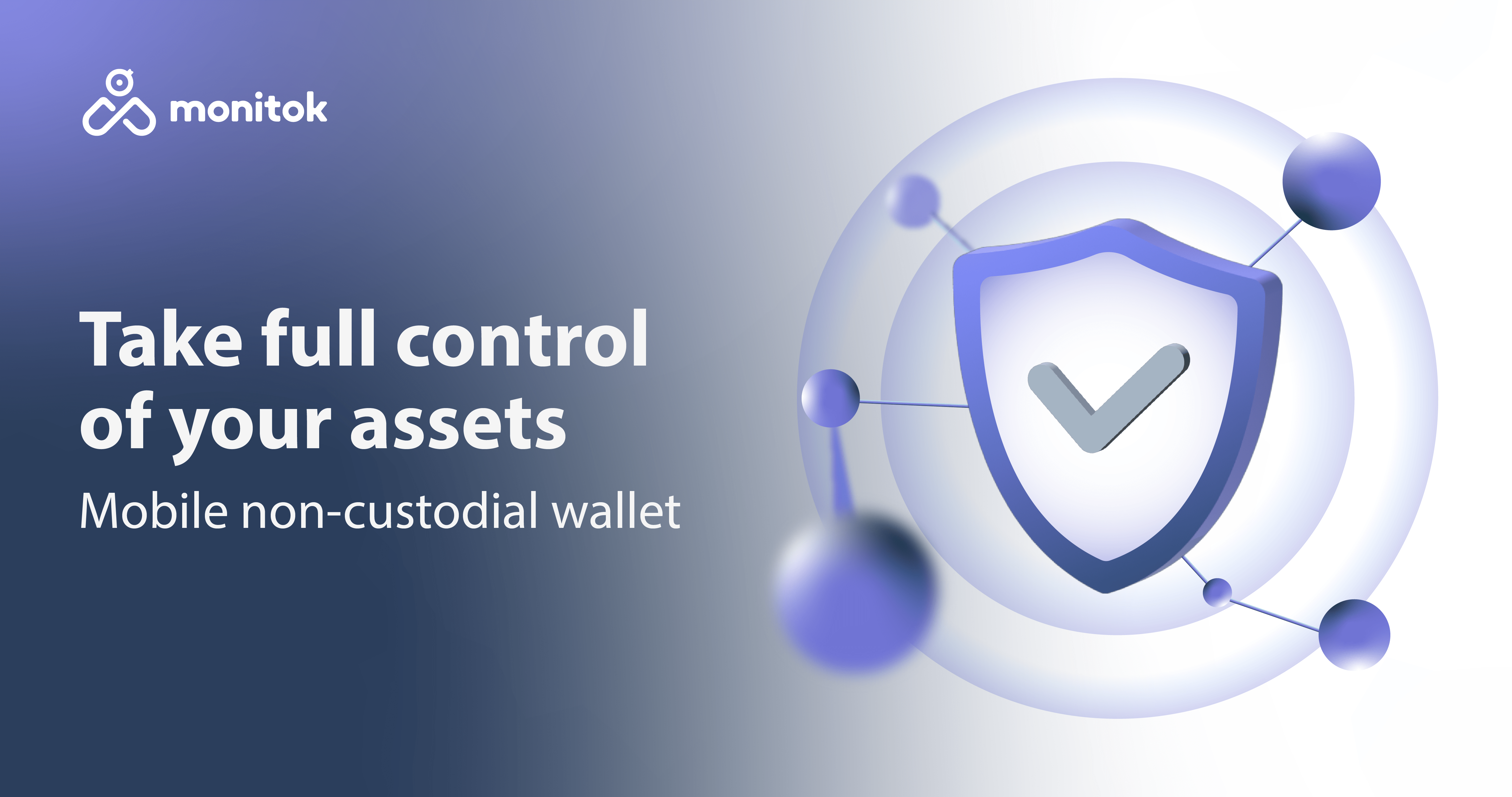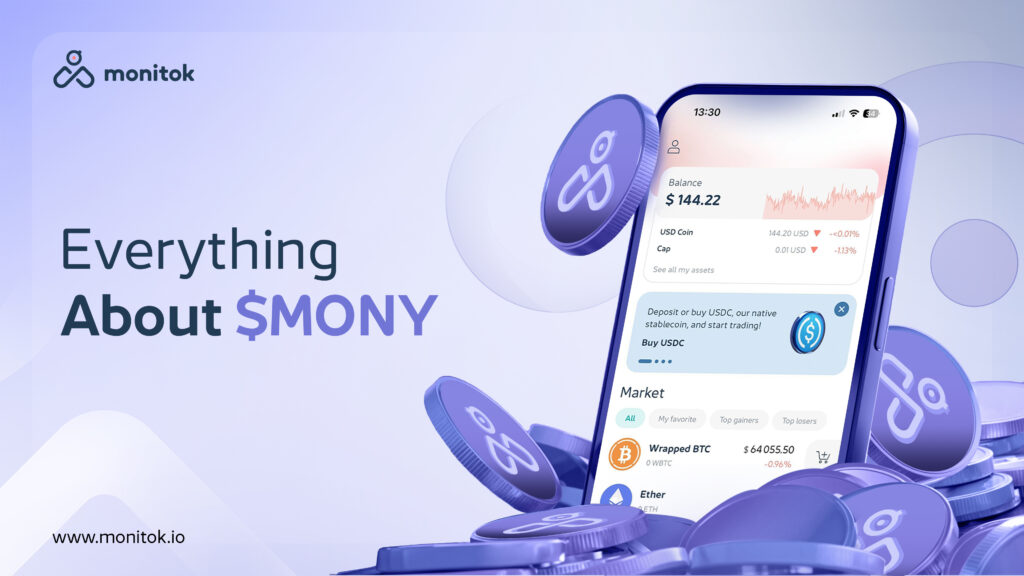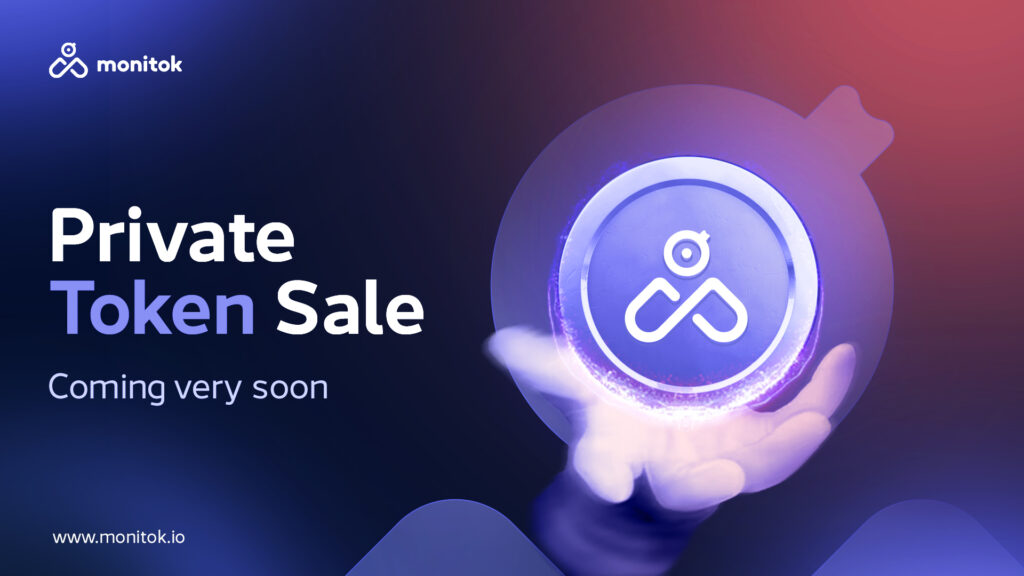In the heart of crypto lies the power of autonomy, and self-custody wallets are the vanguard of crypto trading – but, what are these self-custody wallets?
The prevailing wisdom among experts is, of course, to opt for self-custodial wallets; however, understanding the nuanced differences between self-custodial and custodial wallets is essential for making an informed decision.
Let’s see the advantages of self-custodial wallets, provide guidance on how to get started, and offer compelling reasons for choosing them over their custodial counterparts.
How Does a Self-Custody Wallet Work?
Self-custodial crypto wallet refers to a digital wallet that grants you complete control over your cryptocurrency assets. Unlike traditional custodial wallets, where a third party manages your funds, self-custody wallets empower you to be the sole custodian of your crypto holdings. This direct ownership not only provides a greater sense of security but also aligns with the decentralized ethos of blockchain technology.
The workings of a self-custodial wallet are rooted in cryptographic principles. A cryptocurrency wallet serves as a digital interface for interacting with a blockchain network. It securely stores cryptographic keys—specifically, a public key and a private key—that are essential for authorizing transactions. The public key is analogous to an account number, accessible and visible on the blockchain, while the private key serves as a confidential authorization mechanism, akin to a personal identification number (PIN). These keys ensure that only the owner can access and control the funds, providing a robust layer of security.
One of the main benefits of self-custody wallets is enhanced security. By controlling their private keys, users eliminate the risk associated with third-party custodians, which can be vulnerable to hacks or mismanagement. Additionally, self-custody wallets offer greater privacy, as users do not need to provide personal information to create or use the wallet.
What are examples of self-custodial wallets?
Cryptocurrency wallets are essential tools for managing digital assets, and they come in various forms, primarily categorized as hot wallets and cold wallets. Hot wallets are connected to the internet, making them more accessible but potentially more vulnerable to online threats. Each type of hot wallet offers a unique blend of convenience and security, catering to the different needs and preferences of cryptocurrency users.
Subtypes of hot wallets include mobile wallets, desktop wallets, and web wallets. Mobile wallets are apps installed on smartphones, offering accessibility and convenience for on-the-go users, and this is exactly what the Monitok wallet is. Desktop wallets are software programs installed on computers, providing a balance between accessibility and security. Web wallets, accessible through web browsers, offer ease of use but may be susceptible to online threats such as phishing.
On the other hand, cold wallets are offline storage options, providing an added layer of security by being less susceptible to online hacks. Cold wallet subtypes include hardware wallets, paper wallets, and brain wallets. Hardware wallets are physical devices that store the user’s private keys securely. Paper wallets are physical documents containing the necessary information for accessing and managing digital assets. Brain wallets rely on the user’s ability to memorize a passphrase that generates the private and public keys.
Each wallet type has its advantages and disadvantages, and the choice of wallet depends on individual needs, preferences, and the level of security required.
How to Use a Self-Custodial Wallet?
- Account Creation: Begin by signing up for an account on the chosen wallet application. Provide your necessary details and create a secure password.
- Network Selection: After account creation, choose the blockchain network for which you want to create a wallet. Different cryptocurrencies operate on distinct networks (e.g., Ethereum, Binance Smart Chain).
- Seed Key Preservation: Upon selecting the network, you’ll be provided with a unique seed key (recovery phrase). This key is essential for accessing your wallet in case you forget your password or lose device access. Write down the seed key and keep it in a safe, offline place. Never share it with anyone.
- Wallet Access: Once the seed key is secured, your wallet will be generated. You can access your wallet using your account credentials and the seed key. This combination ensures only you have control over your assets.
While self-custody wallets provide increased security and privacy, they also come with added responsibility. Users must take steps to protect their private keys, such as creating strong passwords, enabling two-factor authentication, and securely backing up their keys in multiple locations. Losing access to the private keys means losing access to the assets permanently, with no recourse for recovery.
Self-custody wallets empower individuals to take full control of their cryptocurrency assets. By understanding the responsibilities and best practices for securing private keys, users can take advantage of the security and privacy benefits that self-custody wallets offer.
Monitok Self-Custodial Wallet
The Monitok platform is engineered with a mobile self-custodial wallet feature, positioning asset holders as the exclusive custodians of their digital wealth. This self-custodial wallet architecture delivers a powerful trio of advantages to Monitok’s user base: fortified security, elevated privacy, and expedited transactions at reduced costs. These attributes render the wallet an essential instrument for the contemporary digital asset trader.
For enhanced convenience aligned with user autonomy, Monitok allows for optimal storage of seed phrases in an encrypted, private, secure cloud environment. This ensures that the seed phrase remains both secure and exclusively retrievable by the owner, reducing the risk of losing it. In this way, self-custodial wallets facilitated by hybrid exchanges like Monitok are redefining benchmarks in cryptocurrency trading security.
Is a self-custody wallet safe?
Is Monitok a self-custodial wallet?
Yes, Monitok offers one of the best self-custody crypto wallet that empowers users to have complete control over their crypto holdings.



